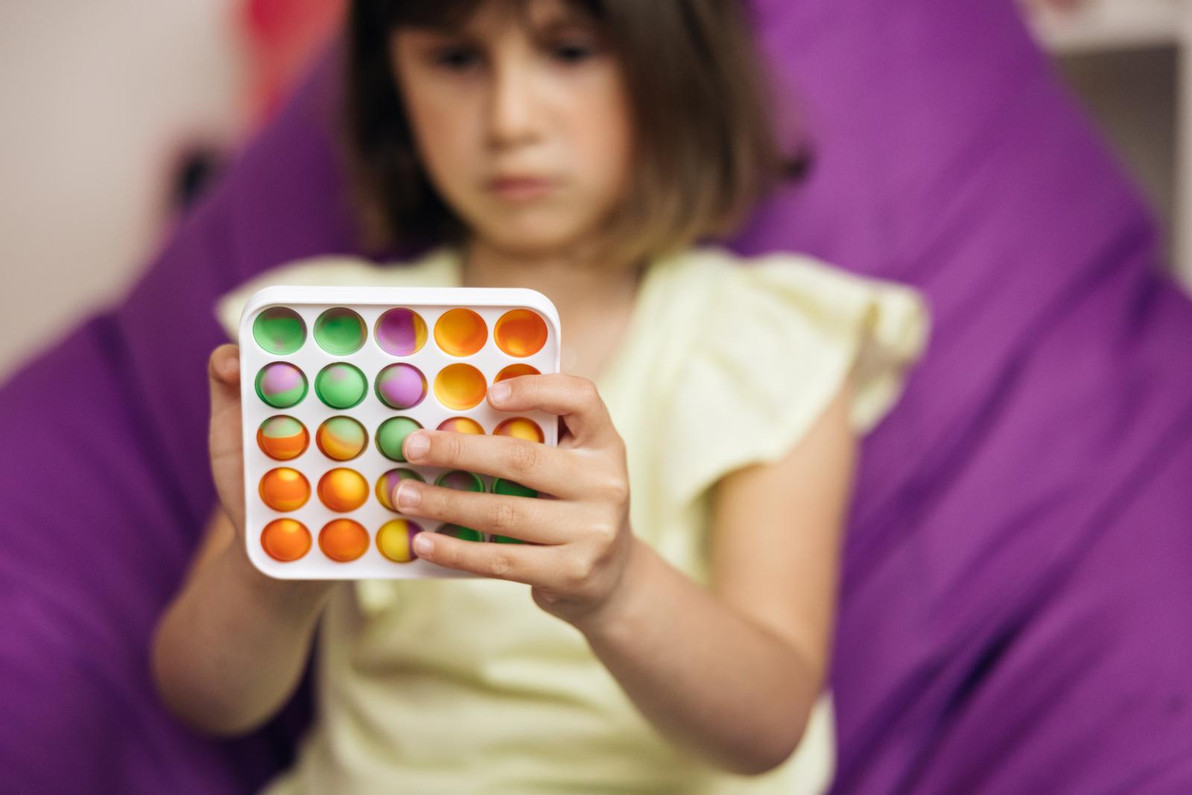How do sensory toys help children with autism?
The significance of sensory toys for children with autism cannot be overstated. These toys serve a critical role in the developmental and therapeutic processes for children on the autism spectrum. Understanding how sensory toys aid in this regard offers insight into their importance in fostering a supportive learning and growth environment.
Enhancing sensory processing
Children with autism often experience challenges with sensory processing. Sensory toys are designed to stimulate the senses in a controlled way, helping children to process and respond to sensory information more effectively.
By engaging with toys that provide tactile, visual, auditory, or proprioceptive (sense of force and movement) feedback, children can learn to regulate their sensory experiences, leading to improvements in attention, concentration, and overall cognitive development.
Supporting emotional regulation
Sensory toys play a pivotal role in aiding emotional regulation. For many children with autism, processing emotional responses to their environment can be overwhelming. Sensory toys that provide a calming or comforting stimulation can help mitigate feelings of anxiety or distress. For instance, weighted toys can offer a sense of security, while toys with repetitive motions can provide a soothing effect, aiding in emotional self-regulation.
Promoting social interaction
Social development is another area where sensory toys can have a significant impact. Toys that encourage shared play can foster interaction between children with autism and their peers or caregivers. This interaction not only aids in developing social skills but also in understanding social cues and building relationships. Cooperative play with sensory toys can serve as a bridge to more complex social interactions, enhancing communication skills and social awareness.
Developing motor skills
Sensory toys are instrumental in developing fine and gross motor skills. Toys that require manipulation, such as those that involve squeezing, pulling, or threading, can improve hand-eye coordination and dexterity. Toys that encourage physical activity, such as balance boards or tactile paths, can help in the development of gross motor skills, balance, and physical coordination. These skills are crucial for daily activities and overall independence.
Encouraging exploration and creativity
Sensory toys can also stimulate exploration and creativity. These toys often allow for open-ended play, giving children the freedom to explore their interests and use their imagination. This exploratory play can lead to cognitive development, problem-solving skills, and an increased understanding of the world around them. Creative play with sensory toys can also provide an outlet for expression, which is especially beneficial for children who may have difficulties with verbal communication.
The bottom line
Sensory toys offer a multifaceted approach to learning and growth, addressing sensory processing challenges, emotional regulation, social interaction, motor skills development, and creative exploration. By incorporating sensory toys into their play and learning environments, we can provide children with autism a more engaging, supportive, and enriching experience, tailored to their unique needs and abilities.
Got a question or a comment? Don’t hesitate to reach out to us. And if you’re looking for sensory toys, feel free to take a look through our range.
Recent Posts
-
How To Create A Sensory-Friendly Play Space At Home
Designing a supportive environment for children with sensory processing needs doesn’t require …22nd Apr 2025 -
How to Improve a Child’s Impulse Control – Practical Strategies and Engaging Resources
Impulse control is a crucial skill for children, influencing their ability to regulate emotions, mak …24th Mar 2025 -
Unlocking Movement: Understanding Gross Motor Skills in Child Development
From a toddler’s first steps to a child’s ability to run, jump, and climb, gross motor s …28th Feb 2025




